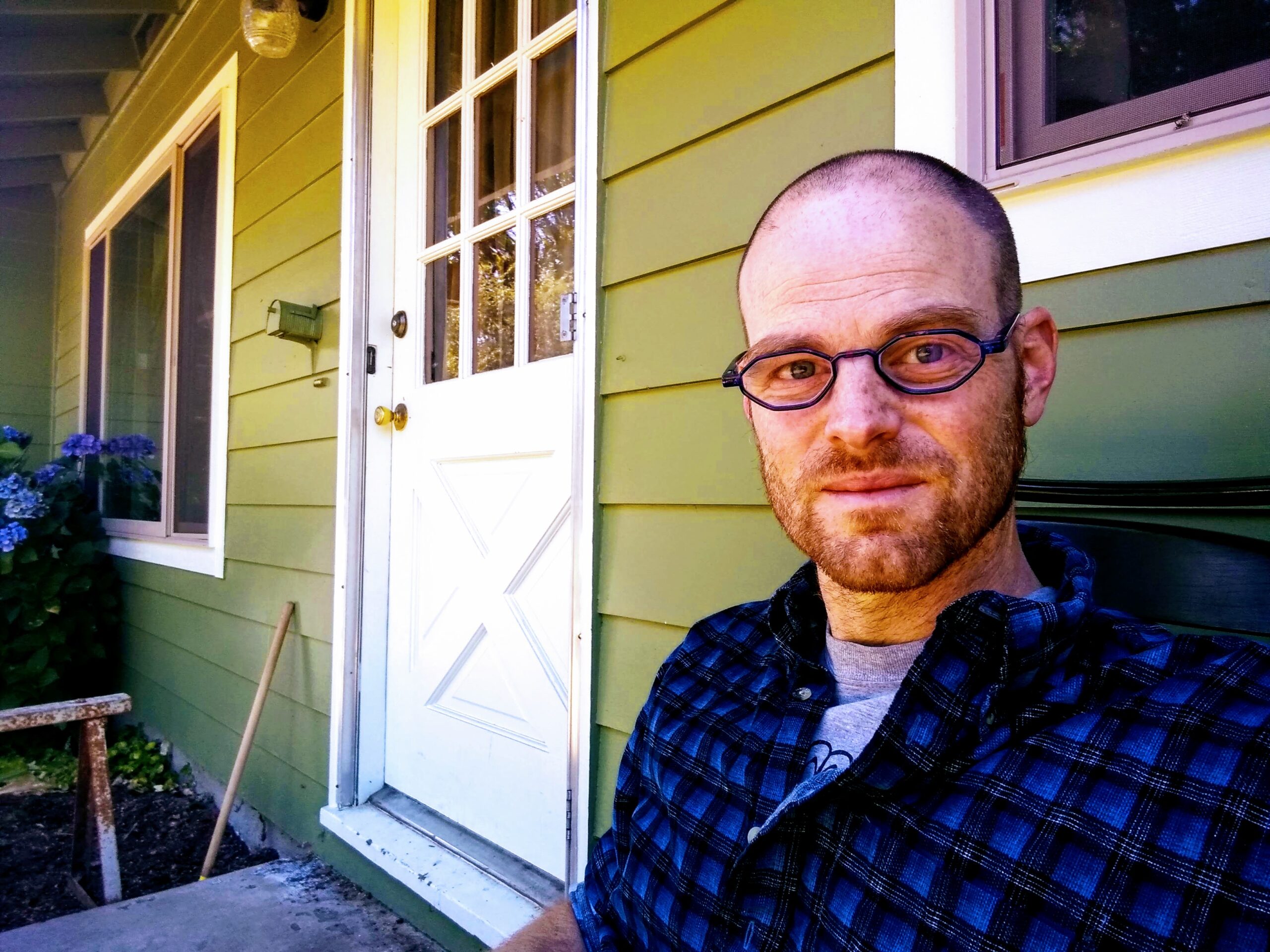
Note: this is the fifth in a series of columns on Collaborative Problem Solving. You can find the fourth column here: Collaborative Problem Solving – The Invitation – Oregon Kid
What happens when, after being invited to solve the problem, the child struggles to formulate a solution? This happens frequently. When it does, the adult can offer solutions. When doing this , we must be careful to be sure that we have truly given the child time to think. Otherwise we rob them of the opportunity to practice critical thinking skills.
Returning to our dialogue developed in previous columns, it might look like this:
parent – So I’m wondering, can you think of a solution that would help make emptying the dishwasher easier for you but would also help me keep some order in the house?
child – No.
parent – Well. Would you be willing to think about it for a minute?
child – Sure . . . I still can’t think of one.
parent – Ok. Could I suggest one?
child – sure
parent – How about if we get you a step-stool so that it’s easier to reach high?
child – Ok
parent – And then, I think since I’m the one who loads the dishwasher, it wouldn’t be too hard for me to sort the silverware before it goes in the dishwasher. That would make it easier to put them away without sorting them. Would that help?
child – Yes. A lot.
parent – And then. If something does break. I can promise that instead of getting mad, we can calmly talk through what happened so there’s less chance of it happening again.
child – Sure.
parent – So I still have once concern left: how can we make sure that it gets unloaded before dinner?
child – You could remind me.
parent – I’m OK with that. I’ll remind you about an hour before dinner. Do you think that will work?
child – Yes.
parent – Ok. We will try. And if it doesn’t work for some reason, we’ll discuss it again.
It’s likely that the first Plan B solution will help, but won’t work completely. This happens either because the agreed solution wasn’t as realistic as both parties thought it would be, or because either parent or child had hidden concerns that hadn’t been addressed. We will discuss this next.

Matthew King lives with his fifteen-year-old son in Corvallis, Oregon, where he’s taught English for thirteen years. He also does advocacy work in the school district for children who have experienced trauma in early childhood. In his spare time he hikes, reads, writes, practices meditation, and watches his son ride dirt bikes. He welcomes comments and feedback and can be contacted at kingmatthew10@gmail.com
